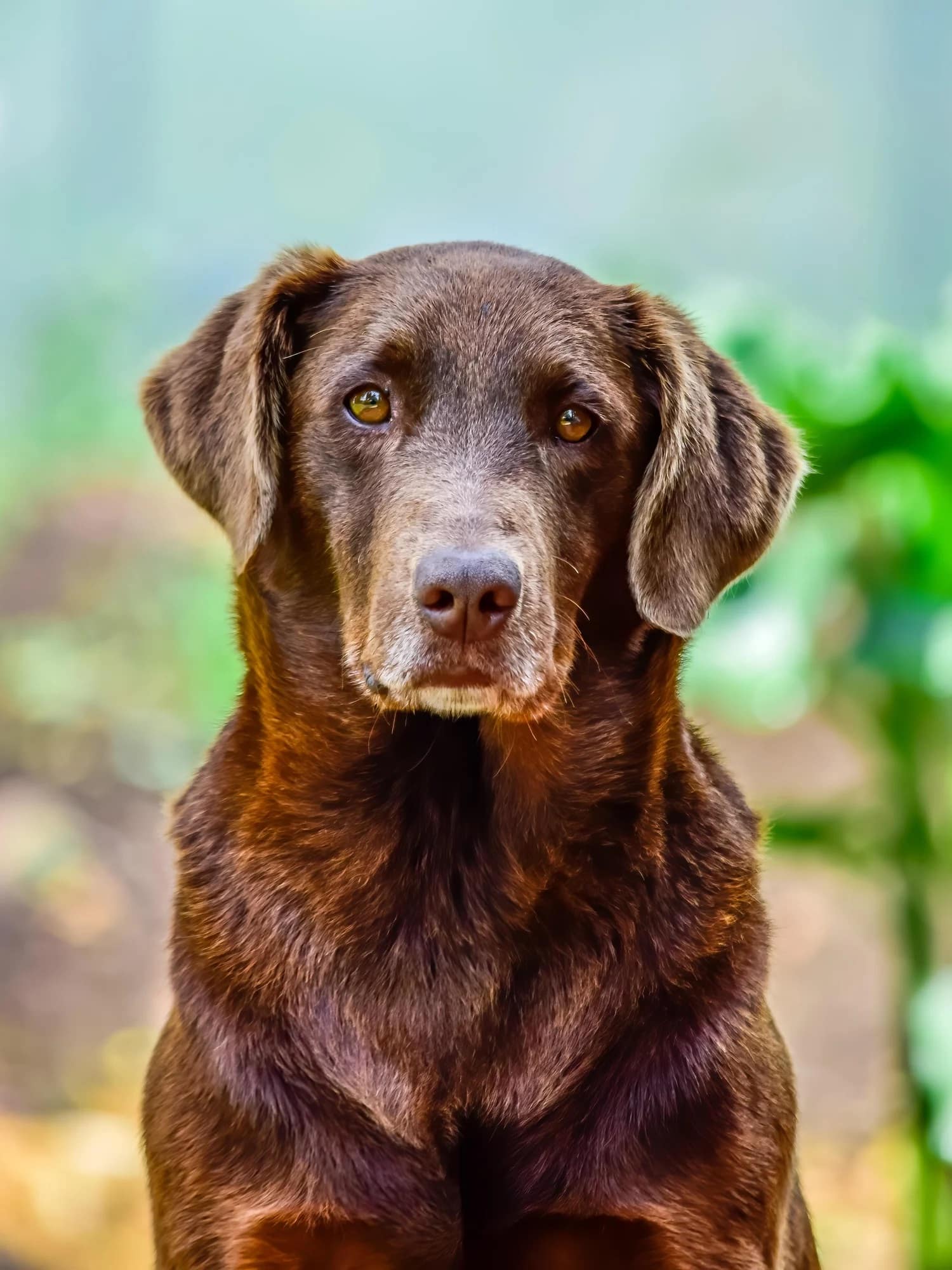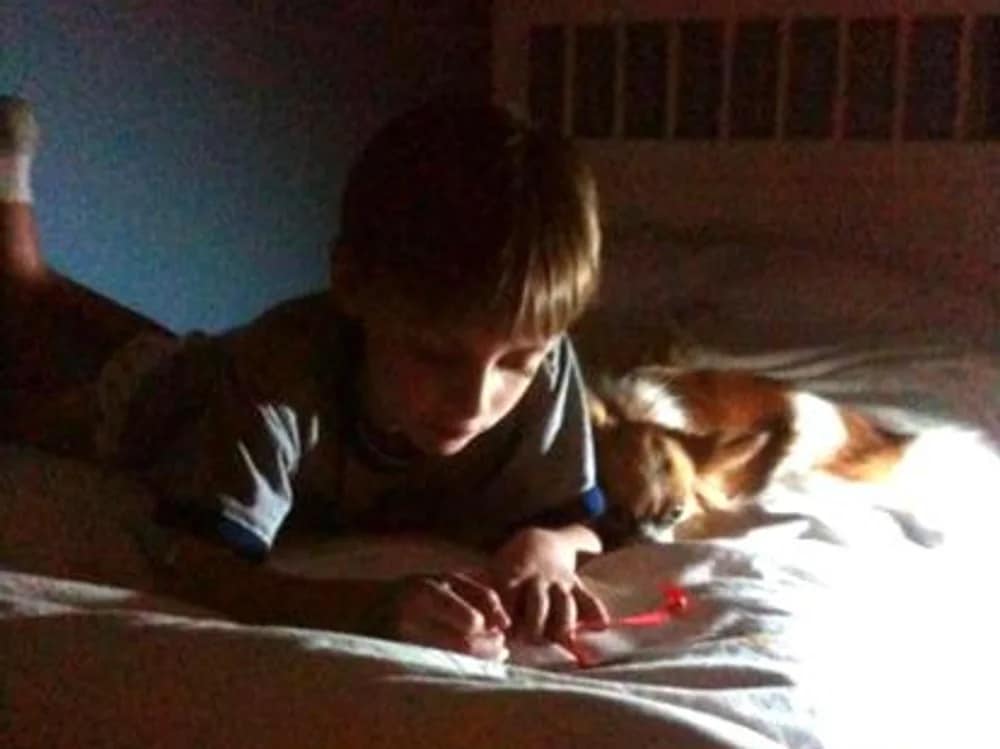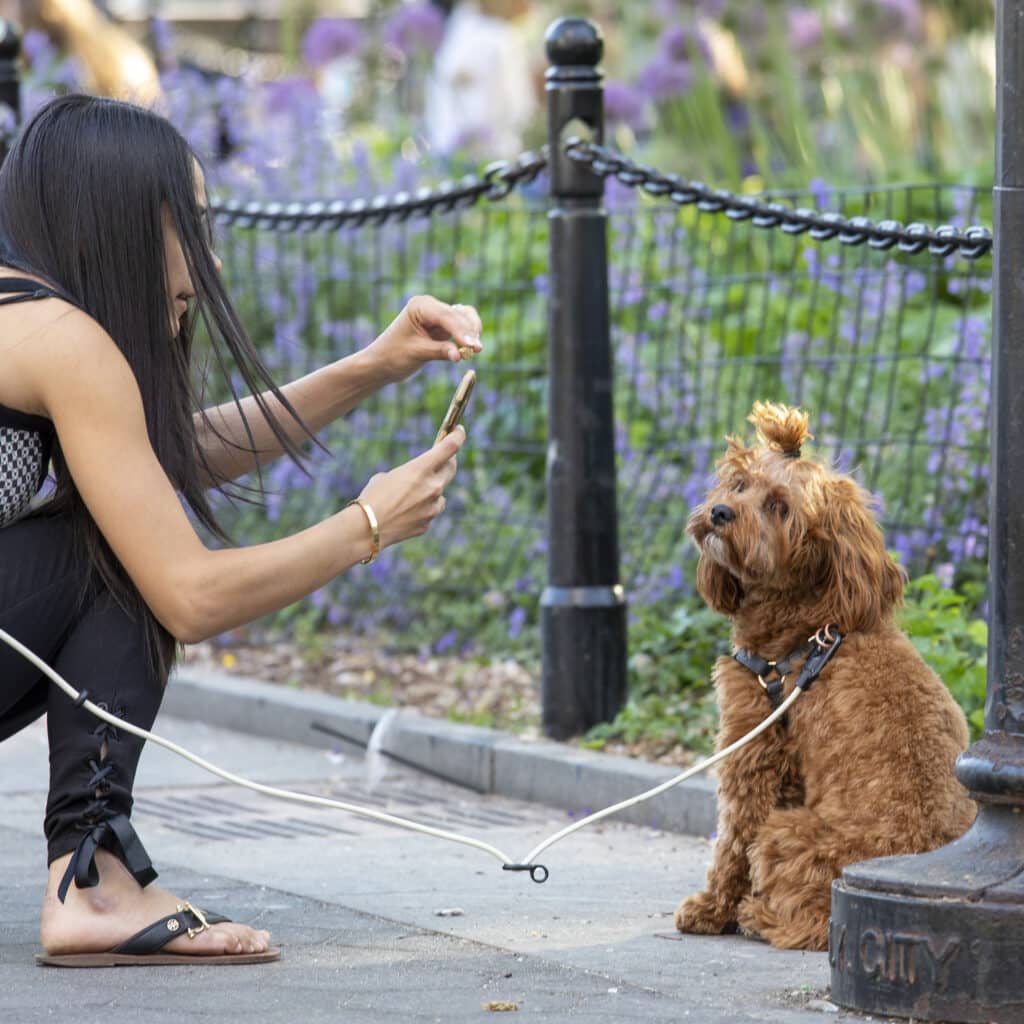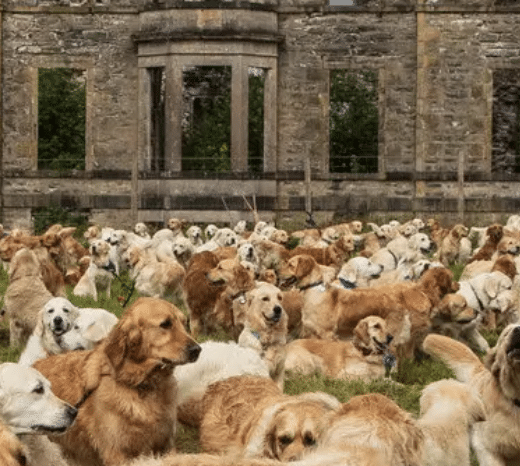Older dogs can suffer from dementia, also known as canine cognitive dysfunction syndrome. It’s thought to affect nearly a third of 11 to 12-year-old dogs and over two-thirds of dogs aged 15 to 16 years. So, how do you tell the difference between dog dementia and old age, and what can you do about it?
Vets4Pets have created a dementia symptom checker to help owners identify behavior changes in their pets that may signify an early indication of dementia – which is clinically known as cognitive dysfunction syndrome.
Canine dementia affects all breeds. Older dogs developing dementia gradually begin to behave differently, such as forgetting commands, sleeping more in the day, and being restless and vocal during the night.
You can find FAQs about canine dementia here, along with suggestions for how to slow the progress and help your dog.
subscription
LOVE, DOG








